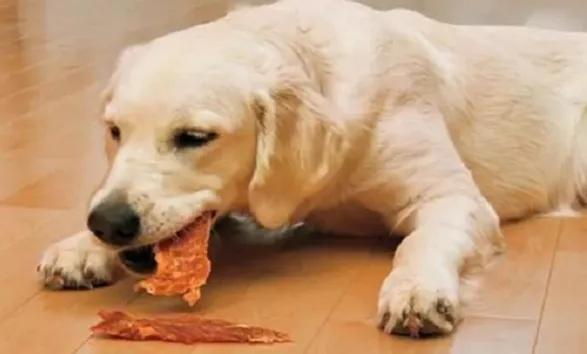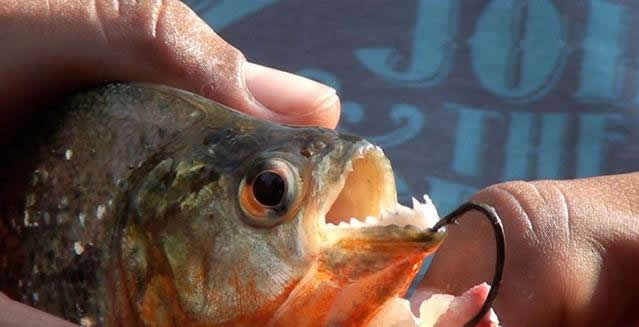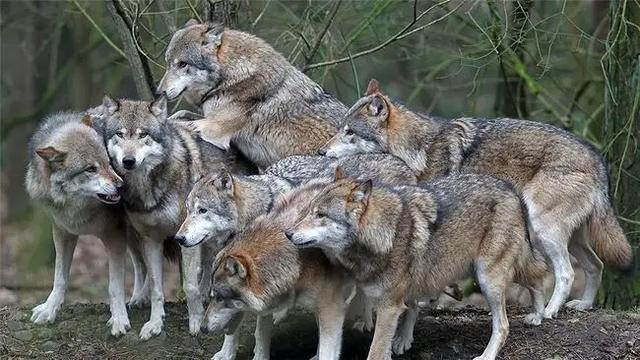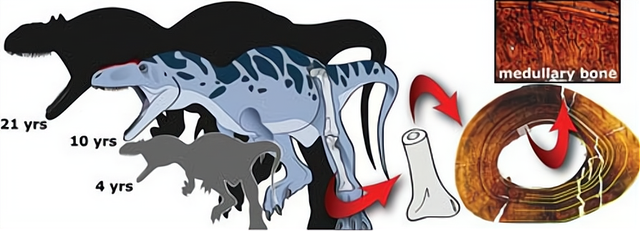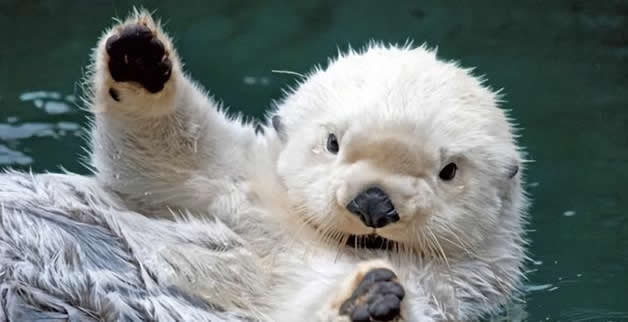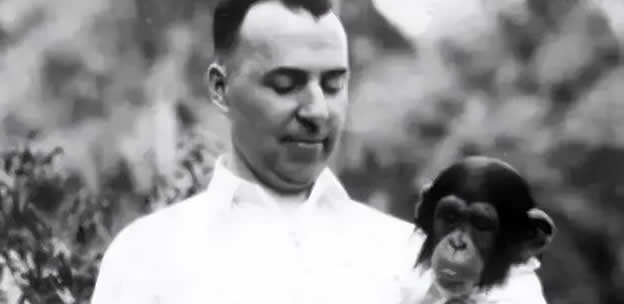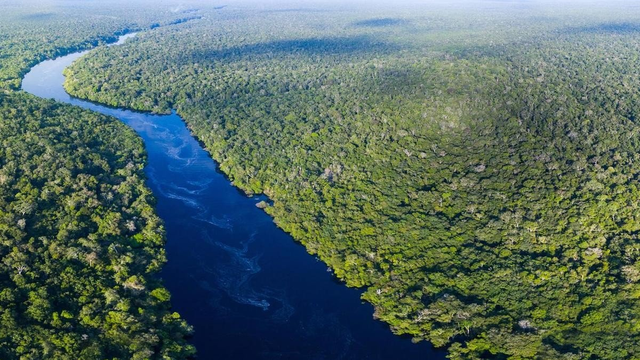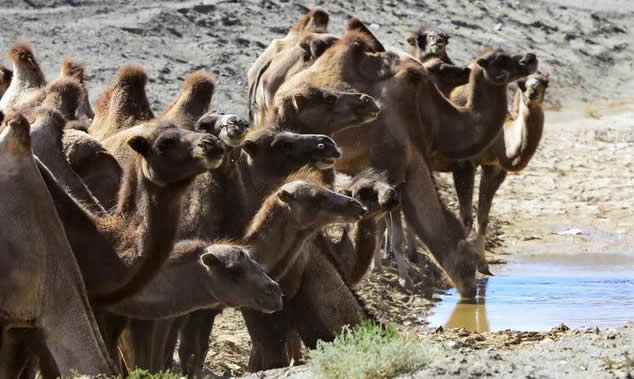If a person dies unexpectedly in the home, both cats and dogs are known to eat their owners. This is not alarmist, as studies have been done abroad. Here we may look at the foreign studies before discussing the motives behind dogs and cats eating their owners.
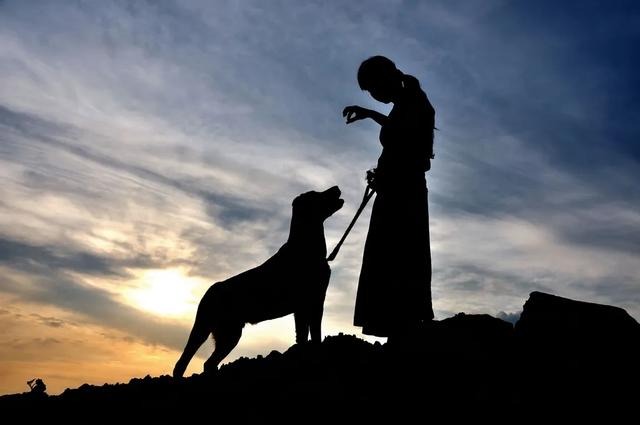
Do dogs eat their dead owners?
This may refresh some people's outlook, as most people are under the impression that dogs are faithful friends of humans. They were domesticated by humans some 15,000 years ago, and have been a positive part of the human world from being human partners (hunting together), to being good helpers for humans in housekeeping, and finally to being the main choice of pet for most people today.
And there is no shortage of true stories of 'loyal dogs' around the world, such as the famous 'faithful dog', 'saving his master' and, in a study in the usa, also in a study in the united states, the positive majority of dogs in distress were known to rescue their owners.
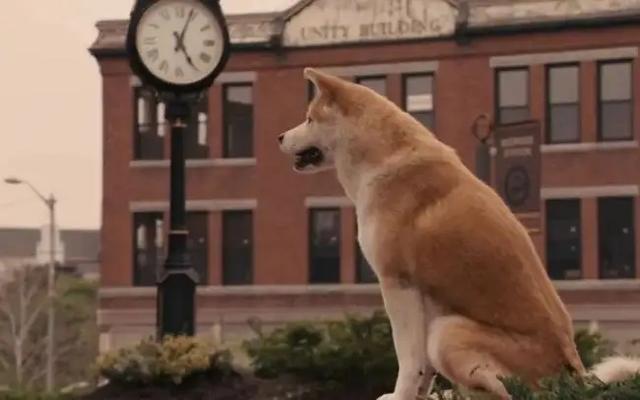
Stills from 'faithful dogs'
However, the researchers say this is not much to do with domestic dogs eating the bodies of their dead owners. Back in 2015, the american academy of forensic sciences, in conjunction with several french forensic pathologists, conducted a count of domestic dogs eating their owners' bodies in indoor environments, and they counted a total of 41 cases of domestic dogs eating their owners' bodies, 10 of which occurred in france and 31 in the united states.
According to forensic records at the time, 73.1% of the dogs ate the owner's head (mainly the mouth and nose), 43.1% of the dogs ate the owner's neck and 56% of the dogs ate the owner's arms (including hands).
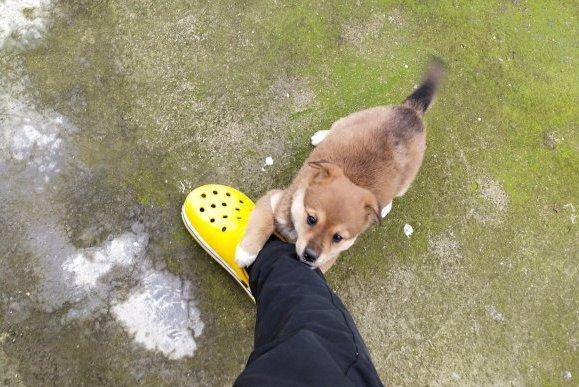
Afterwards, the researchers counted when the dogs ate their owners' bodies and found that over 76% of dogs went to eat their owners just after they died, and only about 24% would do so some time later. Moreover, the order in which the dogs ate usually started with the face, then the neck and finally the arms (hence the percentages above, where some dogs ate in all three places).
And the researchers also found that although stray dogs also chew on human carcasses, they usually start with the arms, with only 20% of the statistics for the neck, and only about 10% for the face, while the largest percentages for the arms and legs were both 30% respectively.
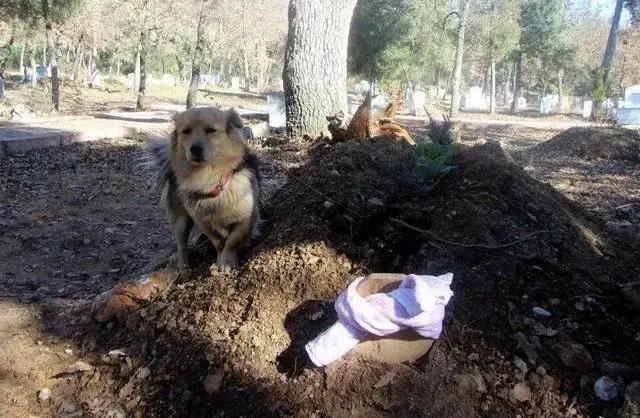
Why do dogs eat their owners?
Before the researchers investigated, they thought that the dogs that chewed on the bodies of their dead owners might have been abused or because of the food. However, through further research, the researchers found that this was not the case, and by interviewing neighbours around the gnawed owners, the researchers concluded that the dogs had a very good relationship with people during life.
At the same time, forensic documentation of the scene showed that most of the dogs were in a house where there was normal food, and some even had uneaten dog food nearby, a result that the researchers found incredible.
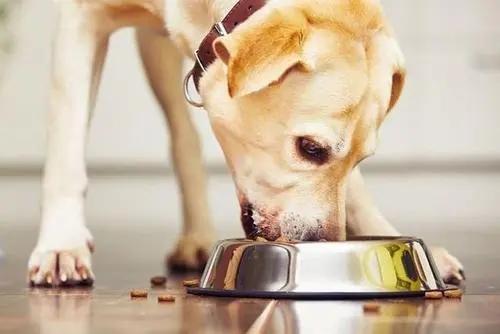
Later, professor carolyn rando of university college london, uk, came to several conclusions from a long study of cases of cats and dogs eating their owners.
First: Instinct. Is a dog a carnivore or an omnivore? The answer most people give to this question is definitely omnivore. But in fact, the structure of a dog's teeth and digestive tract has not changed since it was domesticated to the present day, and is the same as that of a wolf. And predatory does not mean that what do i see an animal eating? It is not what i see an animal eating, it is what the animal eats. Strictly speaking, it depends on the anatomical features of the animal itself, the structure of the digestive tract, etc. Therefore, dogs are still carnivores.
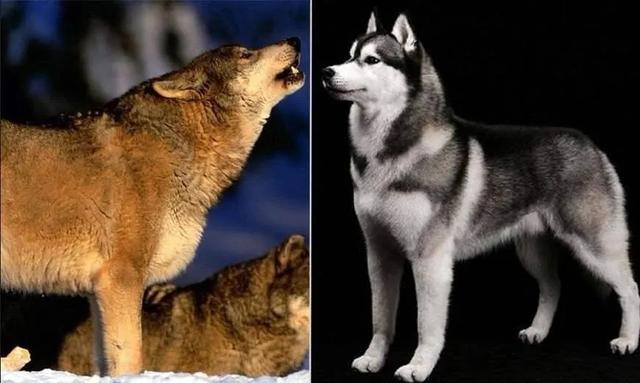
It is just that dogs have a greater ability to digest starchier foods than wolves, and the foods they get the most of in human feeding are the starchier ones. This makes the dog effectively 'meat-deprived', so when the owner is identified as dead (by scent, heartbeat, etc. - dogs have a very acute sense of smell and hearing, after all), they will forgo dog food and other starchy foods in favour of meat.
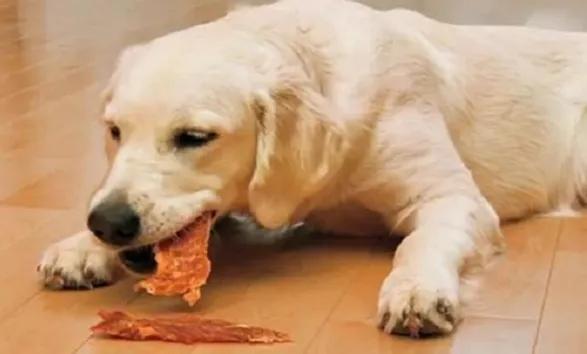
Second: The disappearance of dog obedience. Dogs have absolute obedience to man (their living masters), which is actually not a result of domestication but an innate trait, because the ancestors of dogs were wolves, and wolves are typically pack animals, in which all wolves are completely subservient to the leadership of the head wolf.
Under the domestication of man, he is more like the alpha wolf of the pack in the eyes of the dogs, and while he is alive, they are absolutely loyal. However, when the "Alpha wolf" Dies, this obedience disappears, so that in front of the dogs there is no difference between a human corpse and the flesh of an animal in nature.
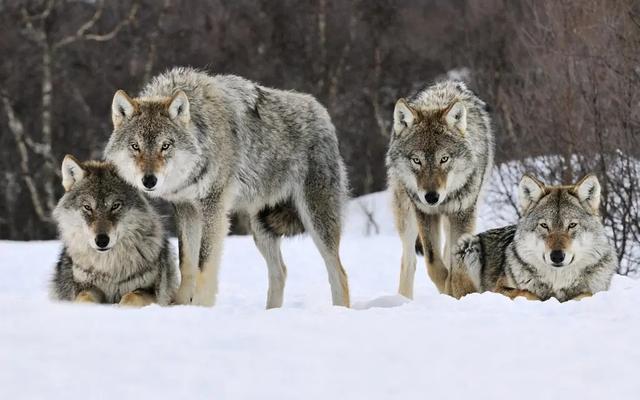
Third: Displacement activity. This is an animal psychological activity, meaning that when an animal is experiencing one or more stresses or stimuli, it induces some abnormal anxious action in the animal. Therefore, professor rando believes that the dog's behaviour of gnawing at its dead owner is probably also a displacement interaction, because after the death of the owner, the owner who was able to respond to the dog's various behaviours suddenly does not respond to any of the dog's behaviours, and the dog is then in a state of anxiety, which induces it to produce some abnormal behaviours, such as biting or scratching the owner with its paws or mouth in an attempt to wake up the owner.
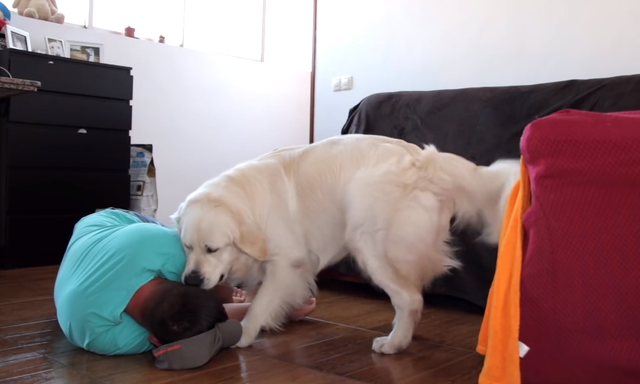
The location of the bite or scratch is inevitably a large area of exposed skin, the human face, and when biting or scratching, once blood has been spilled, it will induce the dog's flesh-eating nature, and this explains why dogs that bite their owners mainly bite the face, rather than the more fleshy legs and abdomen.
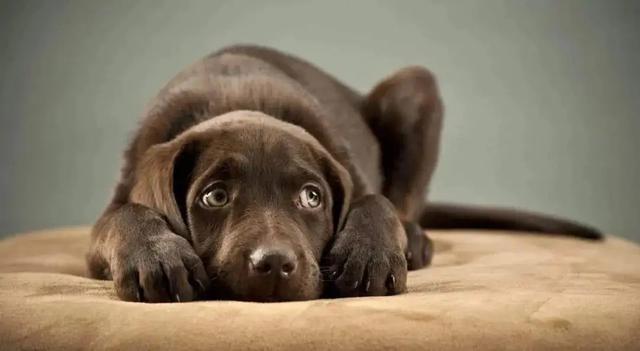
Although a dog can eat its dead owner, there is nothing to criticise, because in times of famine a man would still eat a man, and a dog is even "Lower" Than a man, and the value of a dog is mainly in its obedience and dependence on a man when he is alive, which is enough for the owner.

